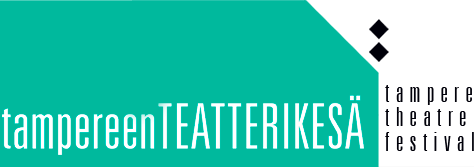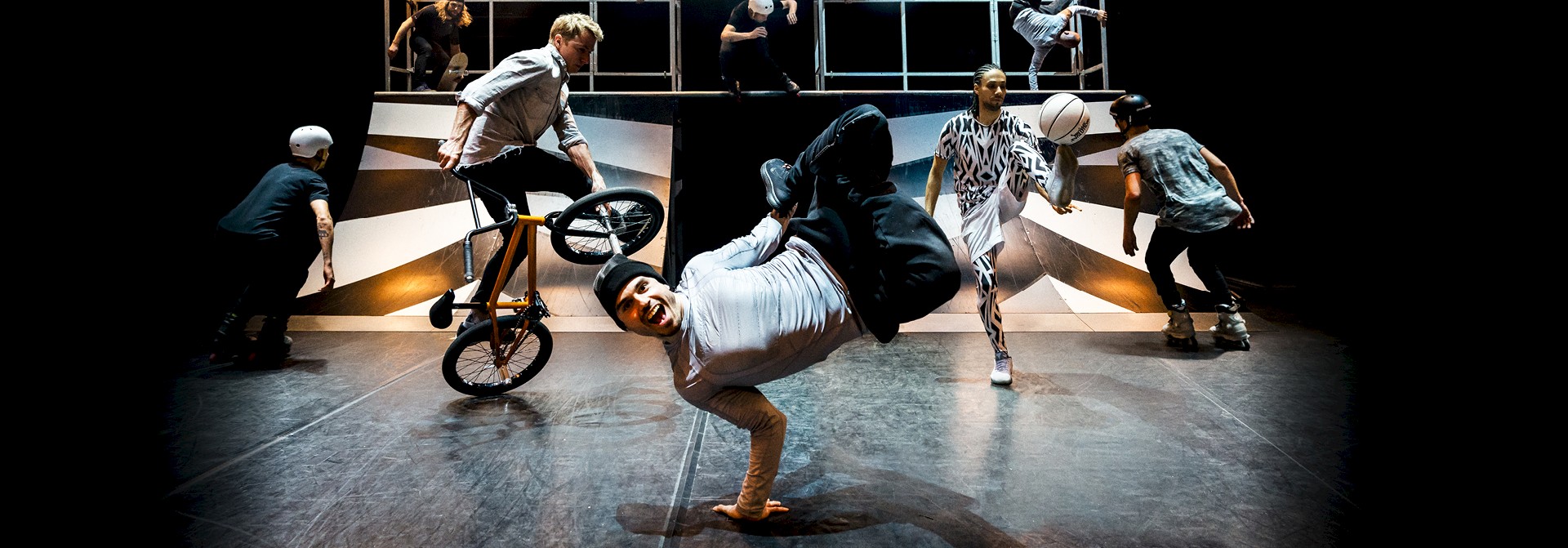Transformations: A Gender (on) Border
4.7.2016
What makes the play Transformations successful, director Teemu Mäki?
“What I like most about this presentation are its actors. They are lovable. I think it’s amazing how openly and with a good sense of humour they expound on their lives. What concerns the success of the play, how should I know? I’ve seen some people joyed to tears in the audience. Others have left stony-faced in the middle of the show. The play works for some, for others it doesn’t.”
Transformations is a play shaped like its actors – and vice versa. As documentary theatre, it draws its material wholesomely from reality, i.e. facts and knowledge. The leading theme is the question (very concrete for the actors themselves) of what it means to be a transgender person in a heteronormative society. However, Mäki avoids turning the script into preaching at all costs:
“Most often documentary theatre is dry, dull, and boring in a well-intending and educating manner, although it could well be particularly touching. I hope that Transformations evades the usual problems of documentary theatre and succeeds in being not only an informative but an all-around rewarding, enjoyable performance. We’ve steered the work in this direction by throwing in lots of music, dance, and humour both gentle and outrageous.”
Gender is a big topic nowadays. Nonetheless, Mäki finds a significant portion of the discussion to be rife with stereotypes, which makes it even more fictive than theatre. On this view, it’s important to bring out the transgender perspective:
“I think the perspective of transgender people on gender is the best possible, because they have a view better than others’ to follow gender conventions, beliefs and strategies inherent in society. They occupy the kind of place from which they see and feel gender both firsthand and as outsiders. In Transformations, the most rewarding thing for me has been the opportunity to question the dominant gender division, the binary separation which distorts and banalizes all human conversation and interaction.”
Originally Mäki wished to preserve the trans perspective so wholesomely that, when two members of the Transforces activist group, Annu Kemppainen and Maru Hietala, contacted him with an invitation to work with them, he didn’t consider his own contribution necessary to begin with. The two had been inspired by his essay and by his photography display, “How to Be a Man or a Woman?”.
“I was flattered by the invitation, but at the start it was unclear to me whether I was needed after all,” Mäki explains. “Annu’s and Maru’s activist group Transforces includes theatre professionals, so why wouldn’t they do the whole thing by themselves? It’s a good idea to prepare a performance solely composed of transgender people, but doesn’t the recruitment of some ordinary cisgender as the director dilute the project? Despite my doubts we started working on the piece, and maybe it was this time good to have me in as kind of an outsider, for it might’ve helped expand the themes beyond transgender and onto more overall human and political levels.”
Inside, outside, and the borders (or lack thereof) between them. Those are the bones of the questions Transformations strives to answer.
Transformations – Rewriting Masculinity Tullikamari Pakkahuone Wednesday 3.8. 19:00 and Thursday 13:00 (performed in Finnish and English, subtitled in English and in Finnish) – Read more.
– Jaakko Reinikainen


